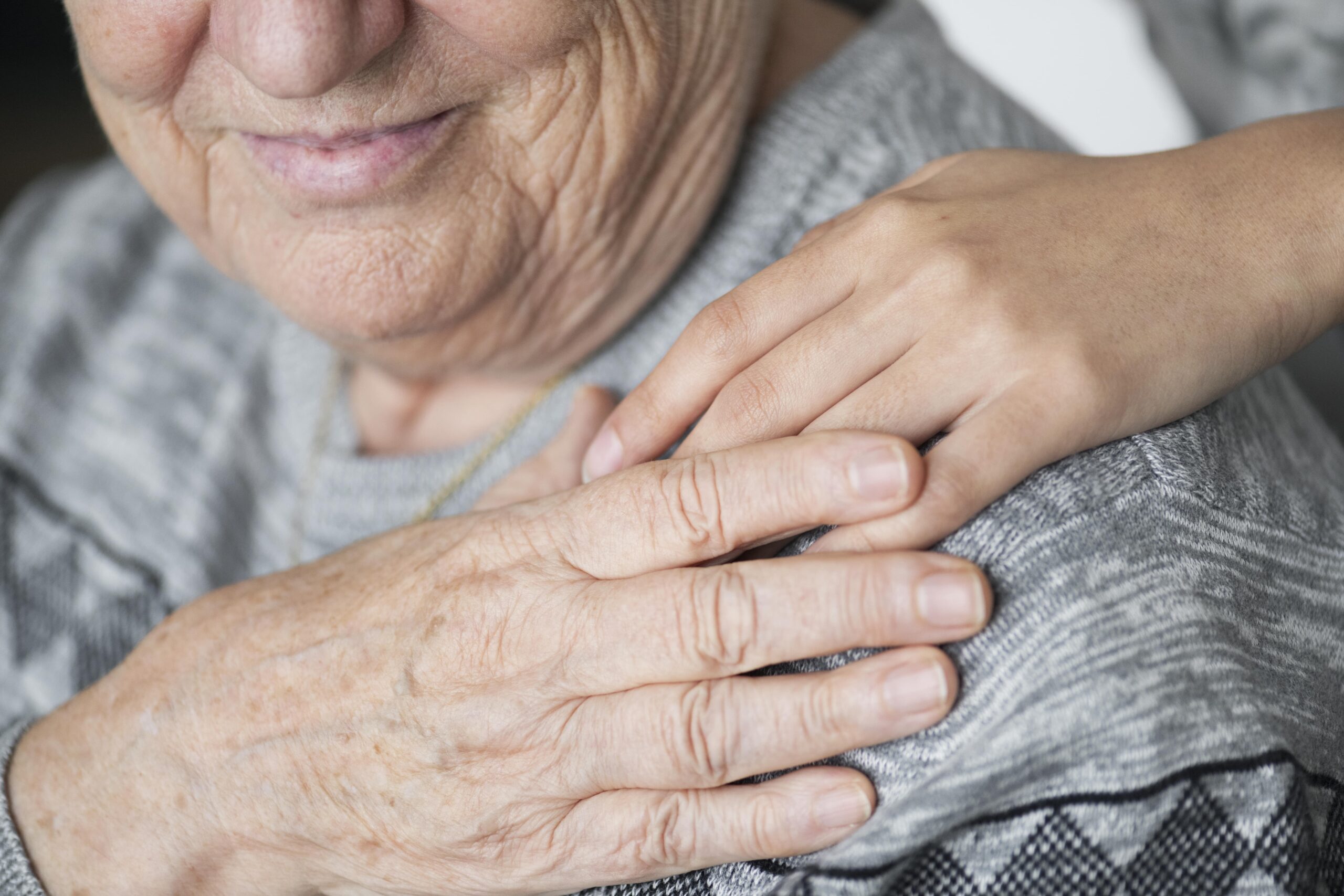by Professor Alexandra Braun, Lord President Reid Chair of Law
In a previous blog entry, I examined whether current Scots law allows unpaid domestic carers to bring a claim against the estate of the person whom they have cared for. We saw that in Scotland, unpaid carers who are not in a contractual relationship with the care-recipient and who have not been provided for in the care-recipient’s will, only have a limited set of possible options and that the value of informal care is not currently recognised by way of a specific entitlement against the estate of the care-recipient. What is the situation elsewhere?
2 Comments
